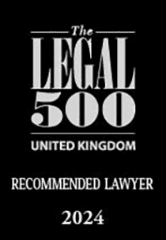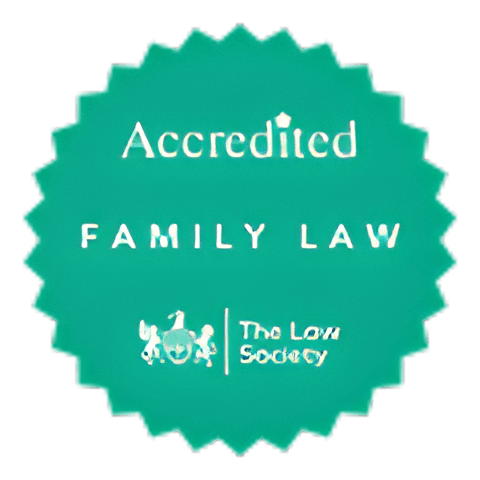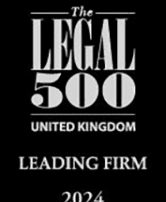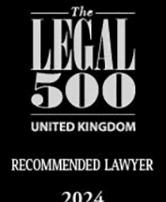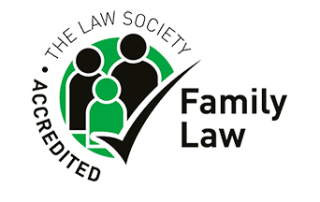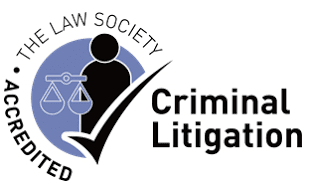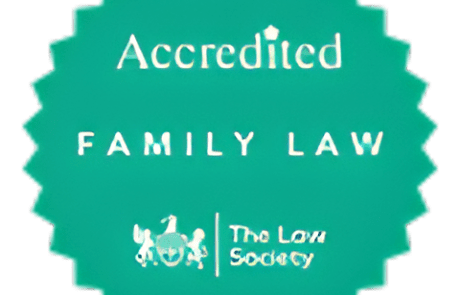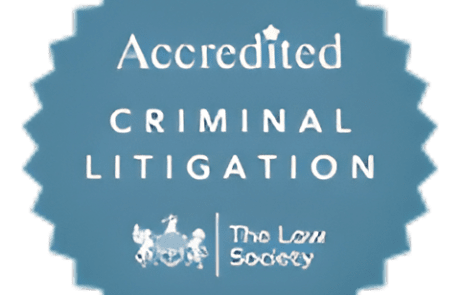Homes
(Fitness for Human Habitation Act) 2018
The Homes (Fitness for Human Habitation Act) seeks to improve housing conditions and places a requirement upon landlords that homes should be ‘Fit for Human Habitation’ both at the commencement of the tenancy and throughout the duration of the tenancy.
The legislation will apply to all periodic tenancies from 20 March 2020 irrespective of when that tenancy began.
The Act applies to all social and private sector landlords or agents acting on their behalf and covers all tenancies.
For a property to be deemed ‘fit for human habitation’, it must be capable of occupation for a reasonable time without risk to the health or safety of the occupants, and without undue inconvenience or discomfort to the occupants. Essentially the property should be safe, healthy and free of potential hazards.
The Act adds to the landlord’s repairing obligations under Section 11 of the Landlord & Tenant Act and imposes additional duties on landlords.
It will be for the courts to decide, based on the evidence presented, whether a property is ‘unfit’ for human habitation but to be deemed to be so, there must be a real risk to the health and wellbeing of the occupants of the property.
A property is deemed unfit if it is defective in one or more of the following so that “it is not reasonably suitable for occupation in that condition.
• Repair;
• Stability;
• Freedom from damp;
• Internal arrangement;
• Natural lighting;
• Ventilation;
• Water supply;
• Drainage and sanitary conveniences;
• Facilities for preparation and cooking of food, and for the disposal of waste water;
Some of the most common complaints that can lead to a property being deemed unit for human habitation are:
• Excessive mould
• Infestation of vermin
• Inadequate security
• Poor ventilation
• Inadequate and poor facilities for the preparation and cooking of food
What is the landlord not responsible for?
The Act provides for certain circumstances where the landlord is not obliged to rectify or repair for example:
• When the issue is a result of the tenant’s negligence or intentional damage
• Rebuilding the property in the case of accidental damage or destruction caused by fire, storm or flood etc;
• When third party consent is required but not been given; and
• If carrying out the necessary works would breach any other enactment for example planning permission.
Should a property be found to be unfit for human habitation, the tenant of that property will be entitled to bring a claim for damages,
Have a question
about Housing Disrepair Claims?
contact us today!
If you’d like to book an appointment
or would simply like to speak to one of
our solicitors, please fill in the your
details and we’ll get right back to you.
We look forward to learning how we
can help you!
Have a question about Speeding?
contact us today!
If you’d like to book an appointment
or would simply like to speak to one of
our solicitors, please fill in the your
details and we’ll get right back to you.
We look forward to learning how we
can help you!




